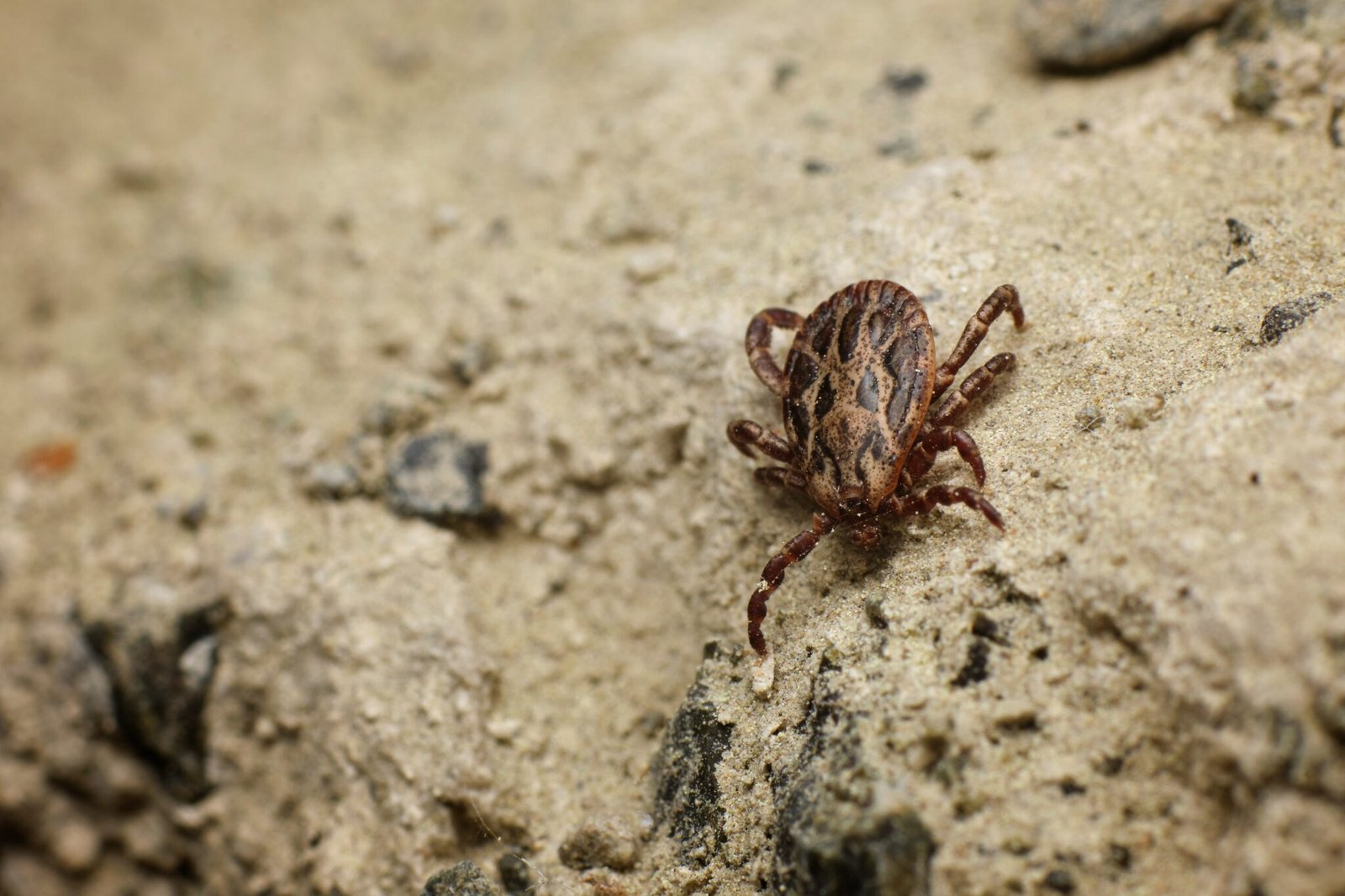Ticks are small arachnids that have become increasingly concerning for outdoor enthusiasts and pet owners alike. These parasitic creatures are more than just a nuisance; they can pose serious health risks to both humans and animals. If you’re spending time in tick-prone areas or noticing these pests on your pets, it’s crucial to understand the dangers they present and know when to seek medical or veterinary assistance.
Overview
Ticks are external parasites that survive by feeding on the blood of mammals, birds, and sometimes reptiles and amphibians. They vary in size from as small as a pinhead to as large as a marble when fully engorged. Ticks are found in wooded areas, tall grasses, and shrubs, waiting to attach to a passing host.
The Impact of Ticks
- Disease Transmission: Ticks are vectors for numerous diseases, including Lyme disease, Rocky Mountain spotted fever, babesiosis, and anaplasmosis. These illnesses can cause severe symptoms and long-term health complications if left untreated.
- Persistent Parasitism: Once attached, ticks can feed for several days, increasing the risk of disease transmission and causing local irritation and inflammation.
- Pet Health Risks: Ticks can cause anemia in pets if present in large numbers, and can transmit diseases specific to animals, such as canine ehrlichiosis.
- Psychological Effects: The fear of tick-borne diseases can lead to anxiety about outdoor activities, potentially limiting enjoyment of nature.

Identifying Tick Presence and Bites
Awareness is key to preventing tick-borne illnesses. Look out for:
- Ticks on skin or clothing after spending time outdoors
- Small, red bumps or bull’s-eye rashes on the skin
- Unexplained fatigue, fever, or flu-like symptoms after potential exposure
- Ticks on pets, particularly around the ears, neck, and paws
When Professional Help is Necessary
While many tick bites can be safely managed at home, certain situations require professional medical or veterinary attention:
- If you’re unable to completely remove an attached tick
- If you develop a rash or flu-like symptoms after a tick bite
- If your pet shows signs of lethargy, loss of appetite, or fever after tick exposure
- If you’re in an area known for high rates of tick-borne diseases
Healthcare professionals can provide proper tick removal, disease testing, and early treatment if necessary. Veterinarians can offer tick prevention strategies and treatments for pets.
Prevention and Control
Preventing tick bites is crucial:
- Use EPA-approved insect repellents
- Wear long sleeves and pants in tick-prone areas
- Perform thorough tick checks after outdoor activities
- Keep lawns mowed and remove leaf litter
- Use tick preventatives on pets as recommended by veterinarians
Conclusion
Ticks may be small, but their impact on health can be significant. Understanding the risks associated with tick bites and knowing when to seek professional help is essential for anyone who spends time outdoors or has pets. By staying informed and taking preventive measures, you can enjoy nature while minimizing the threats posed by these tiny but potentially dangerous parasites. If you have concerns about tick exposure or potential tick-borne illnesses, don’t hesitate to consult with a healthcare professional or veterinarian for guidance and treatment.
